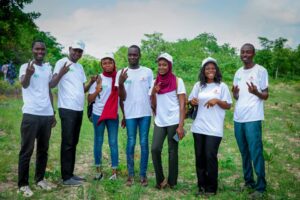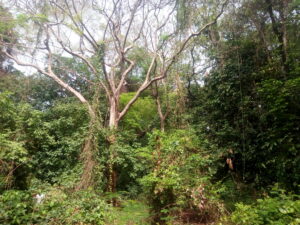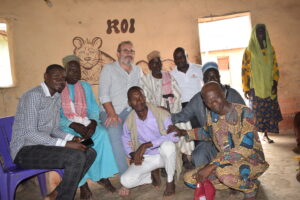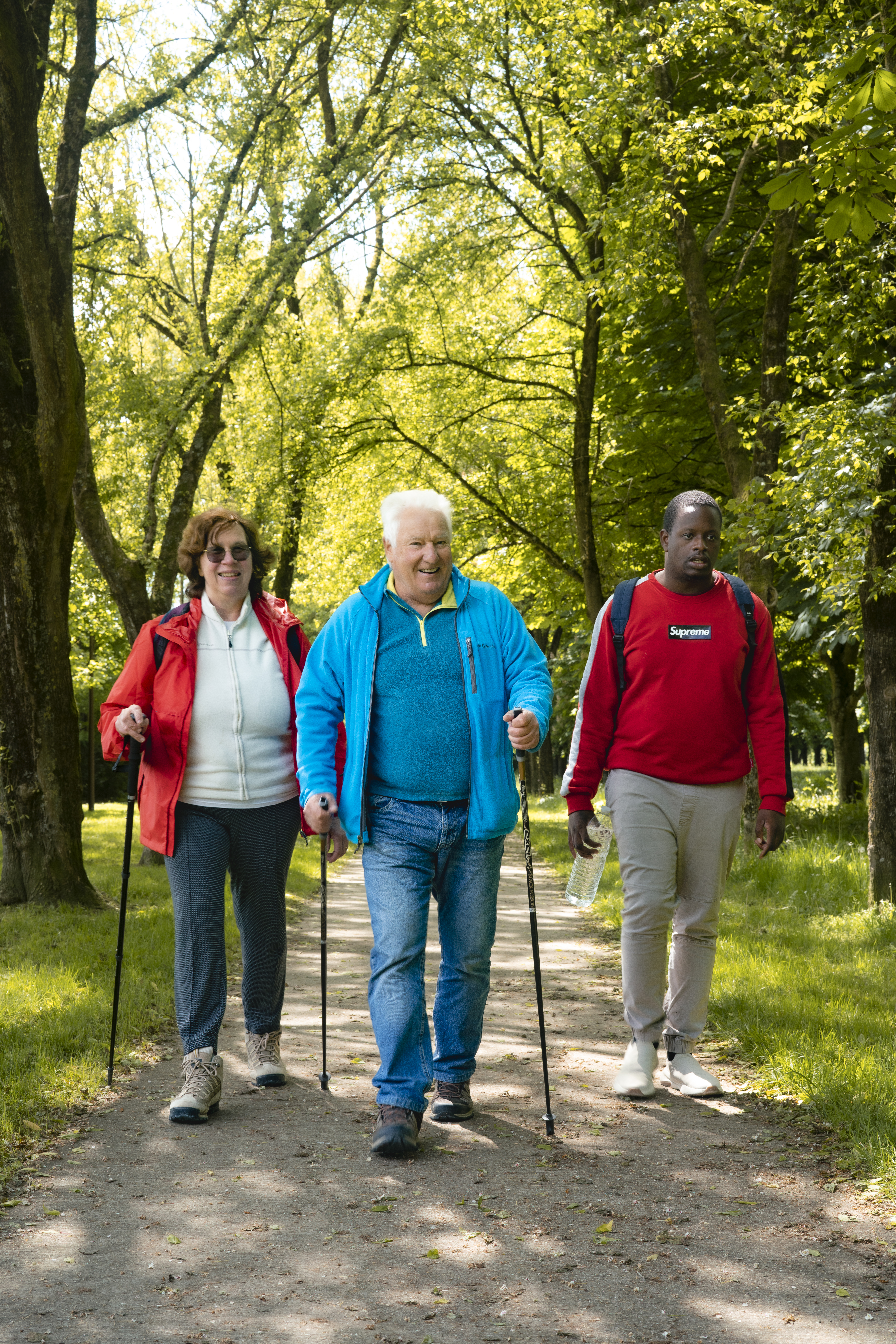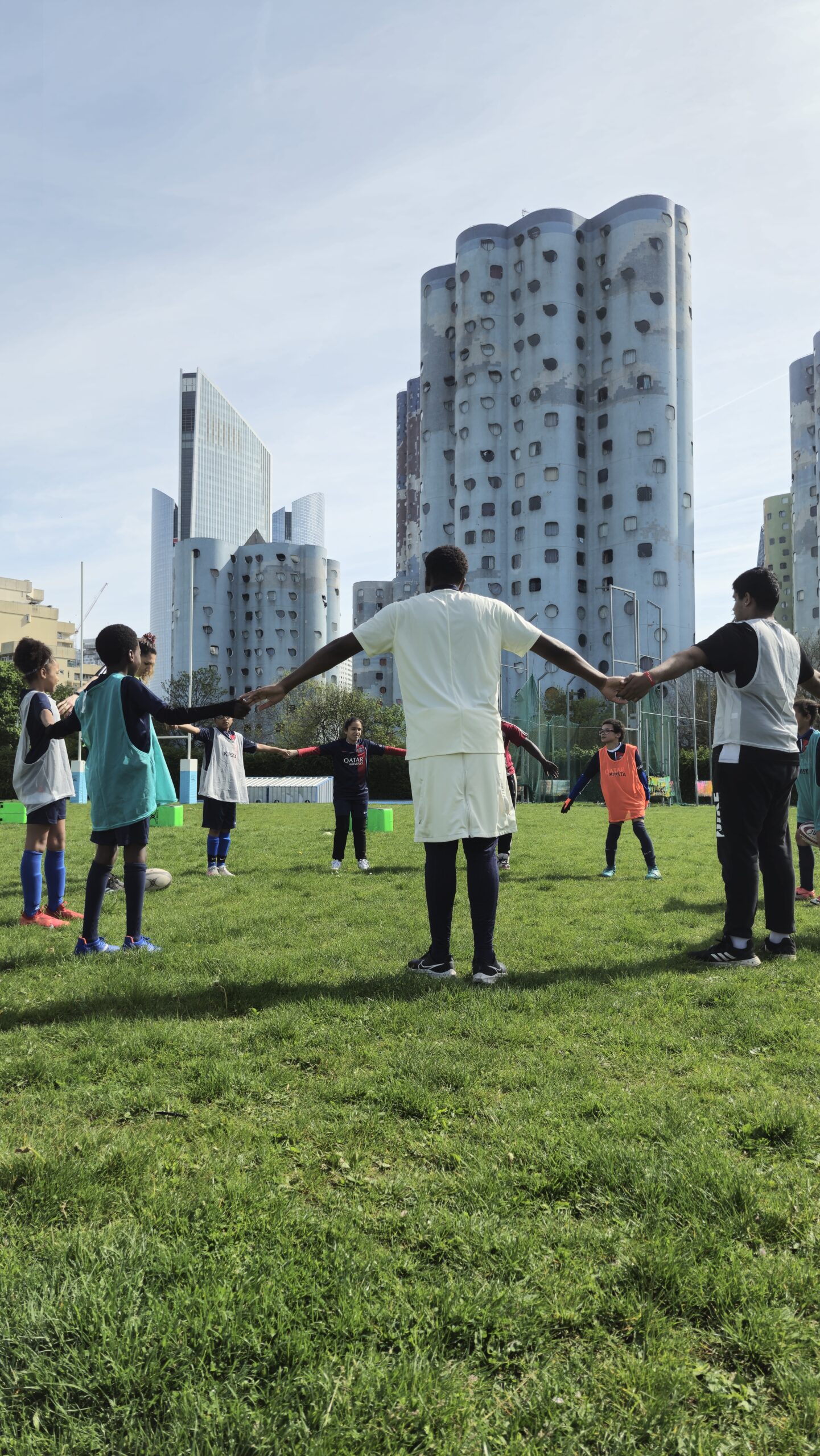15 June 2023 • NEWS
Thanks to the amazing team of VIVIA MIEL, a game-changer non-profit organisation in Benin, people and nature can live in harmony again. By running the beautiful GAPADOU project in partnership with Planète Urgence, Groupe SOS’ environmental NGO, VIVIA MIEL makes a positive and lasting impact in the Bassila and Djougou cities, in Benin. We talked to VIVIA MIEL Managing Director, Emmanuel Traore, and GAPADOU Project Manager, Ridwane Bio Oure, about their work on the ground.

